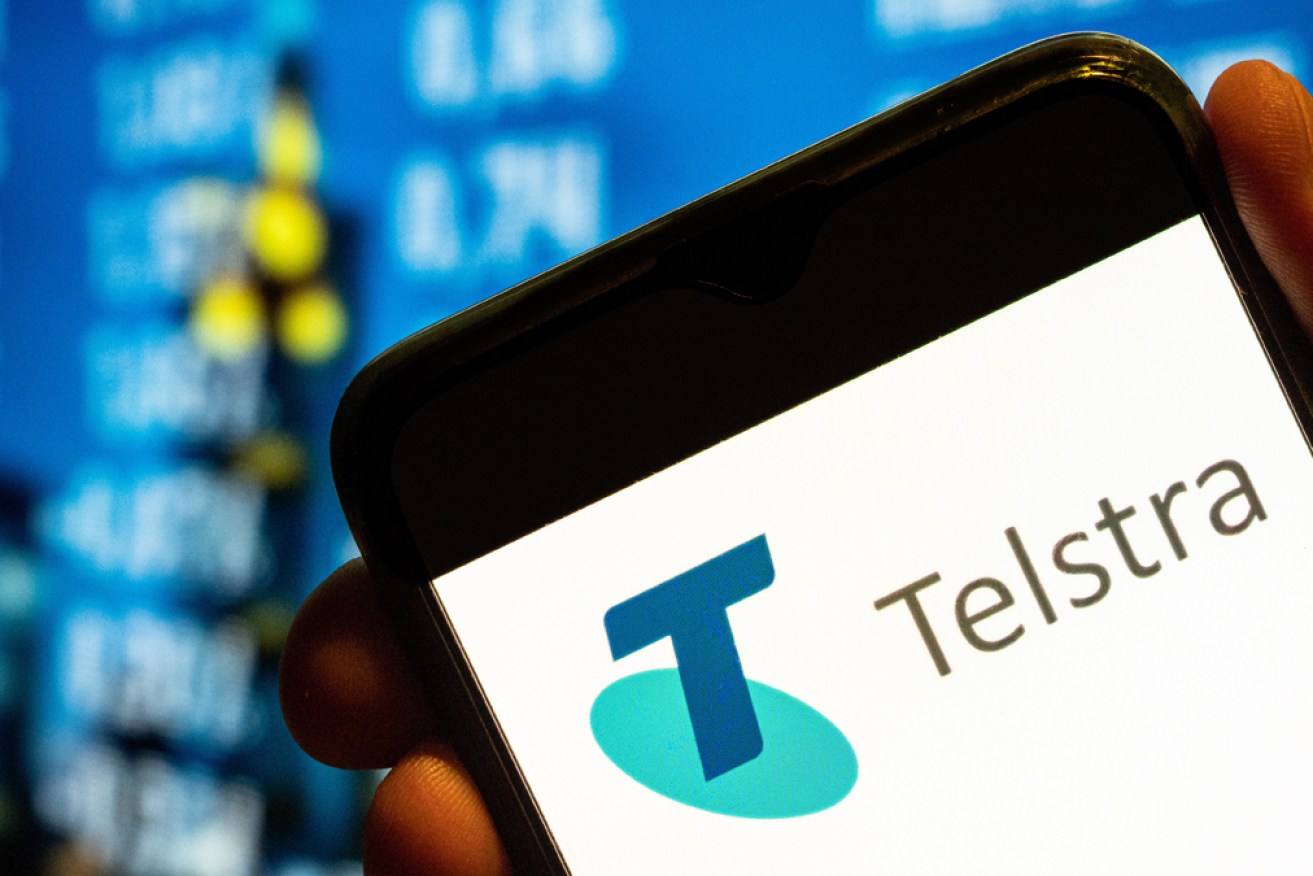Telstra installs robot helpers across stores, call centres in push towards ‘AI-fuelled’ future


Telstra has rolled out new AI technology across its business. Photo: AAP
Australia’s largest telco Telstra has begun rolling out artificial intelligence (AI) in its stores and call centres in a bid to reduce the costs of resolving customer complaints.
Telstra boss Vicki Brady said this week a new tool called ‘Ask Telstra’ – powered by Microsoft Azure OpenAI – will help support staff look up customer information faster when they call, which the telco hopes will stop Australians from needing to repeat things like their date of birth.
“We are now using AI to improve half of our key processes, including to automatically detect and resolve fixed services faults, and to solve customer issues faster,” Brady told investors after unveiling $4 billion in underlying earnings over the second half of 2023.
It’s one of the first steps Australia’s largest telco is taking towards becoming an “AI-fuelled” organisation and follows a series of huge job cuts in recent years, including the loss of about 500 roles at the company last year after Brady took the reins as chief executive.
Australians will still speak to human staff members when they call Telstra, with the new tool designed as an internal search engine that will help workers get up to speed with complaints.
Telstra says early trials of the tool last year found nine in 10 workers “saved time and increased effectiveness” when helping customers, driving a 20 per cent plunge in follow-up contacts.
The technology also prevented customers from having to repeat information about their complaint or answer proof of identity questions between phone operators.
Those are among the most common gripes consumers have when trying to resolve a problem with a large company, while Telstra is also poised to save money by reducing call backlogs.
But the introduction of AI into customer service also poses larger questions about the ongoing role of human staff members, particularly as big retailers around the world begin to adopt it.
That includes companies like Amazon, which is increasingly using AI with customers, and even local retailers like online furniture store Temple & Webster, which uses AI for customer service.
Queensland University of Technology professor and retail expert Gary Mortimer says AI is going to become the norm for retailers.
He said AI will likely come to encompass voice interactions between companies and their customers.
“We are moving into a world where unscripted, synthetic and natural AI voice will become the norm,” he said.
“Driven by mass adoption of voice assistants, modern life is complex and busy, so voice is becoming the future.
“Imagine ordering your groceries through your personal home AI assistant.”
Most companies to date have used AI technologies to augment their human service workforce, but many experts have suggested some level of automation is inevitable in the coming decades.
The International Monetary Fund (IMF), for example, estimated earlier this year that 40 per cent of the global workforce is exposed to AI.
More than one in 10 workers are in jobs where AI would be relatively easy to adopt for companies and also effective in replacing the tasks humans are doing, the IMF concluded.
But at least for now most companies have stopped short of automating entirely and are instead giving their workers access to AI to automate part of their tasks, such as looking up customer data.








